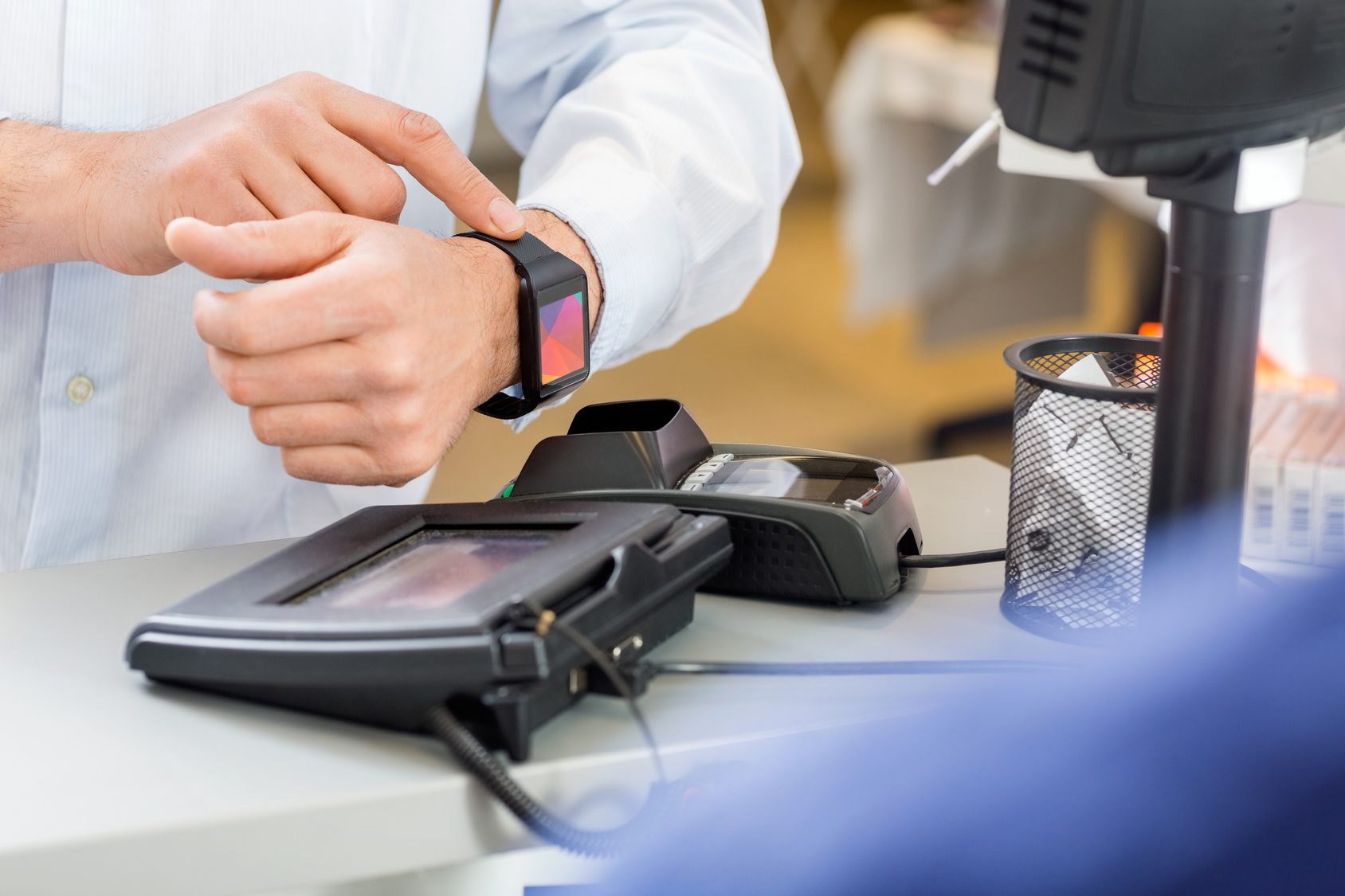Removing friction from the transaction is the aim of payment facilitators and has been for quite some time. The speed inherent in contactless payment is indeed the outcome of more efficient technology and identity verification process embedded in the payment schemes acquirers and issuers are employing. Further, the ability for merchants to structure transactions with providers like Afterpay and Splitit expands the addressable market by breaking larger transactions into manageable payments. The author calls out these developments and innovations as contributing to increased incidence of overspending.
Contactless “tap and go” and mobile payments subconsciously detach consumers from their money. The non-cash payments make spending feel “not real”, and makes each person’s “mental accounting” a lot more inaccurate.
“There’s good evidence that when people are spending in cash the mental accounting is quite specific, and they do think about the fact they’re making a trade-off… that they’re spending $20 here and they cannot spend it on some other alternative.”
“When people are spending electronically, they are less likely to make that categorisation in terms of those mental accounts.”
Mercator Advisory Group understands how the faster speed of a transaction allows for less time to reflect, and the use of electronic payment does not have the same “separation anxiety” of handing over cash which speaks to the value to using cash as a budgeting tool, and the value of integrating passive PFM capabilities into digital banking services to help promote fiscal forethought and budgeting. Even as contactless payment become more pervasive, the leverage of dual-verification integrated with a PFM would encourage folks to consider the transaction in different terms. In any case, the article serves to underline the value of cash as a budgeting tool. Replicating that experience is being attempted, but until achieved we expect people will employ the real thing to help control spending.
Overview by Joseph Walent, Associate Director, Customer Interactions Advisory Service at Mercator Advisory Group
Read the full story here










